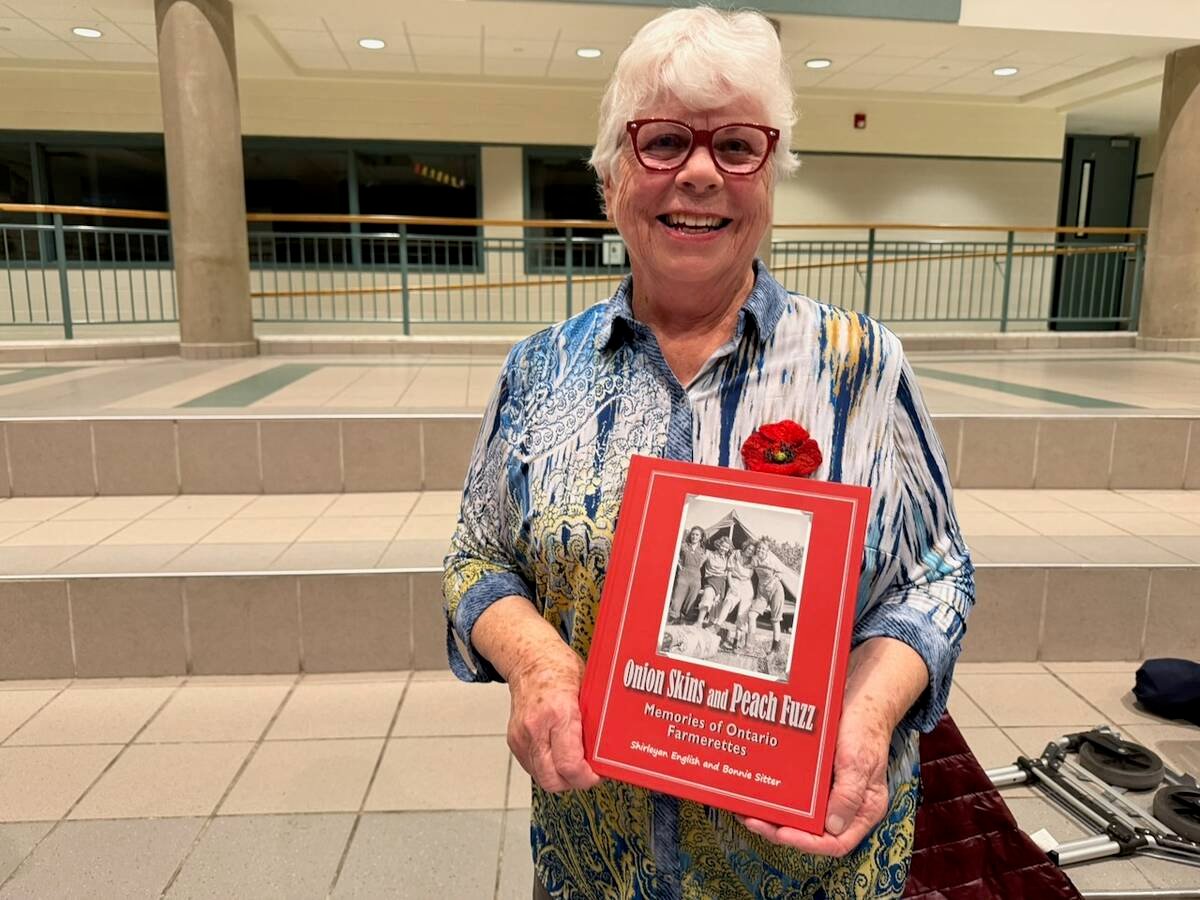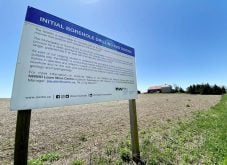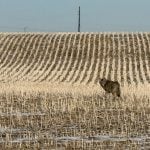Although the Security from Trespass and Protecting Food Safety Act was upheld after a recent constitutional challenge, legal skirmishes to clarify some regulation subsection language have yet to begin.
Animal activists challenged the act’s constitutionality in Ontario’s Superior Court, but Judge Markus Koehnen’s April 2 decision upheld it. However, he called into question specific subsection provisions within Ontario Regulation 701/20, saying some of the language is overly broad and disproportionate, requiring further clarifications to align with the Canadian Charter of Rights and Freedoms.
Why it matters: The act was developed to deter activist disruptions of farms and food processors, and to reduce biosecurity and safety risks.
Read Also

Women who fed a nation
More than 40,000 young women supported the war effort between the 1940s and early 1950s, helping grow and harvest crops amid labour shortages. They were called Farmerettes.
“Ensuring this legislation was upheld in the court process was big for us,” said Ontario Federation of Agriculture president Drew Spoelstra. “We have animal welfare top of mind at every turn.”
The act was developed in 2020 to deter activist disruptions of farm and food processors, and closed the gap in previous laws to protect the agriculture sector against trespassing and biosecurity risks.
“In some cases, change is inevitable, and we want to make sure that this act is as strong as it possibly can be,” Spoelstra said. “Getting it right is the most important part.”
He added that the focus must remain on protecting food production animals, biosecurity safeguards and farmers’ mental health, which was the impetus for the legislation.
Ontario livestock organizations declined Farmtario’s invitation to comment on how regulation language changes might impact the act’s strength.
Spoelstra said discussing case specifics while it’s in the courts isn’t prudent, but he hopes changes don’t unintentionally create false-pretense access loopholes to agri-food facilities and farms.
“We want to make sure the people farmers are employing are there for the right reasons and are there to do the work that they’re meant to be doing. (Not) bad actors or there for the wrong reasons.”
In an Apr. 24 email to Farmtario, Keesha Seaton, Ministry of the Attorney General media spokesperson, said the hearing addressing the decision has yet to be scheduled.















